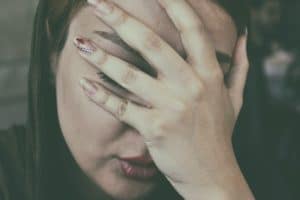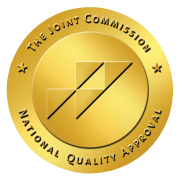How Does the State of Modern Culture Today Impact Inclusive Mental Health Care?
To aid in the overall well-being of the world, inclusive mental health treatments must be relevant and effective. Cultural impact is how a person is shaped based on how they were raised, what influences were and are present, what set of values they hold, and how these elements have molded them into who they are today.
Cultures are as diverse as the number of people in the world today and encompass a myriad of races, ethnicities, genders, and socioeconomic statuses. These cultures should inform inclusive mental health treatment in Orange County and shape providers’ interactions with racial and gender diverse patients.
The Influence of Culture in Relation To Mental Health
In a report from the Surgeon General, cultural impact on patients will affect the way in which people share their experiences and symptoms. It affects how they would describe emotions and thoughts. It shapes how patients interact with information about themselves. [1]
It also informs how they seek financial assistance and what inclusive treatments they would be open to. It shapes how they cope with existing symptoms and illnesses. Culture influences the meaning patients give their mental health struggles and how they view themselves. [1]
Some of the mental health conditions that are most affected by cultural and societal influences are depression and post-traumatic stress disorder. Family and community support also varies across cultures and races.[1]
According to the report, a patient’s culture impacts whether they will seek help at all, and minorities are more likely to delay seeking treatment or forgo it altogether. [1]
When treating the LGBTQ+ community for mental health issues and patients are both minority ethnicities as well as gender minorities, this creates an even more complex blend of cultural and societal influences. [2] LGBTQ+ patients are twice as likely to suffer from a mental health condition [3], and transgender patients are almost four times as likely. [4]
These findings deeply compel the mental health providers at Lido Wellness Center to advance inclusive care and provide a space that can adapt to match a patient’s diverse cultural mindset and experience.
What Does Inclusive Mental Health Treatment Look Like?
Quality and inclusive mental health care will identify challenges that may be present in advance. It should acknowledge the varying mental health needs with a nonjudgmental and unbiased approach.
Inclusive mental treatment truly appreciates human diversity and is open to mental health discussions and modalities. It is advancing a healthy and fulfilling life, no matter what that life may look like to someone on the outside. Educating as well as empowering patients is at the core of inclusive mental health care.
Modalities For Inclusive Mental Health Treatment In Orange County
There are several effective and helpful treatment options and therapies that are beneficial for racially, culturally and gender-diverse patients. At Lido Wellness Center, here are some of the many we deploy to serve patients and meet them where they are.
Acceptance Commitment Therapy (ACT)
This is a mindfulness therapy where the patient will recognize how their attempts to suppress and control emotional experiences bring their own damage.
Process and Assignment Presentation Groups
This is a safe space environment where patients can openly share their experiences and receive support from diverse perspectives.
Dialectical Behavior Therapy (DBT)
DBT assists patients with skill development to enhance their ability to accept how two opposing ideas can coexist.
Healthy Relationships and Attachment Groups
Healthy relationship groups explore attachment styles and reflect on the role of self-esteem and communication in their relationships.
Guided Meditation
Patients develop and practice mindfulness skills to learn how to be present and experience relaxation.
Somatic Integration and Calming the Nervous System
Somatic integration blends the mind, body, and spirit into therapeutic healing through experiential practices, releasing tension and exploring mindful movement.
CBT and Weekend Planning
While many people look forward to the weekend, others don’t. It can be a triggering experience and an anxiety-fueled minefield that is difficult to navigate alone. Working with an inclusive mental health care provider offering CBT for mental health, patients will plan ahead for stability and security.
Inclusive Mental Health Treatment In Orange County
At Lido Wellness Center, we believe that each patient is as unique as the glass that’s been tossed in the sea and shaped by the waves. Those waves reflect the cultural and ethnic influences that mold us into who we are.
Treating the whole person in a way that is respectful of their cultural, racial, or gender diversity is the best path to success for inclusive mental health care in Orange County. Call today for a free consultation!
Sources:
[1] https://www.ncbi.nlm.nih.gov/books/NBK44249/
[2] https://www.nami.org/Your-Journey/Identity-and-Cultural-Dimensions/LGBTQI
[4] https://www.liebertpub.com/doi/pdf/10.1089/trgh.2019.0029

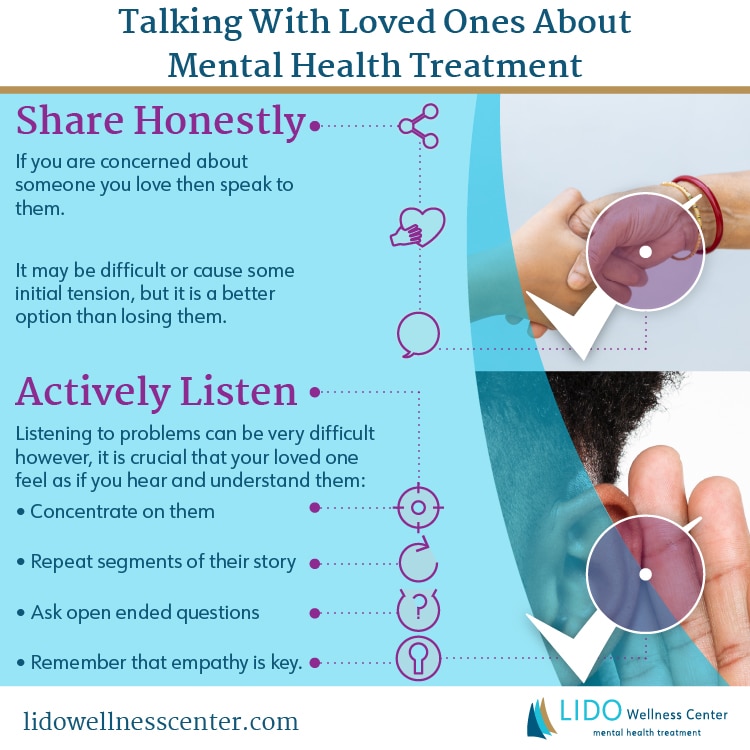
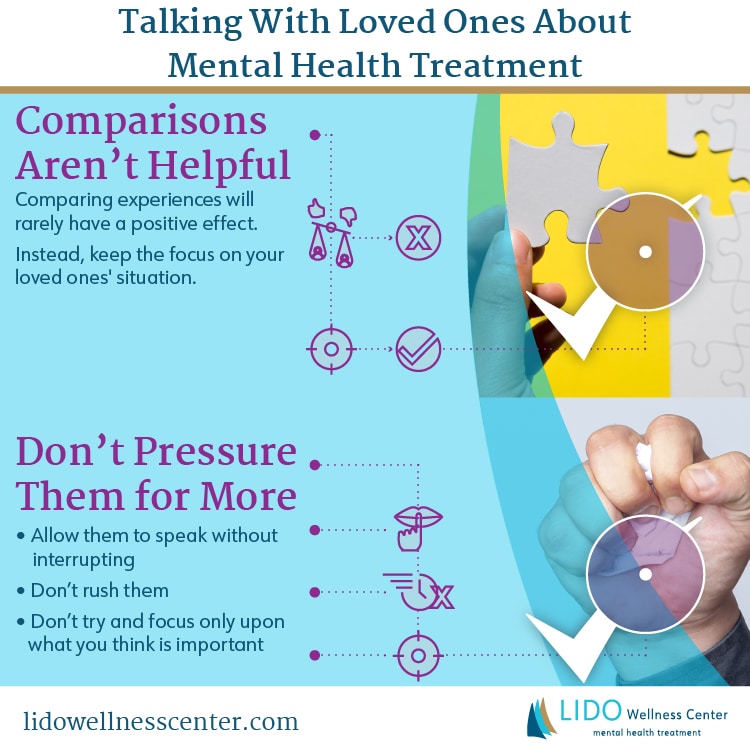 [/one_half_last]
[/one_half_last]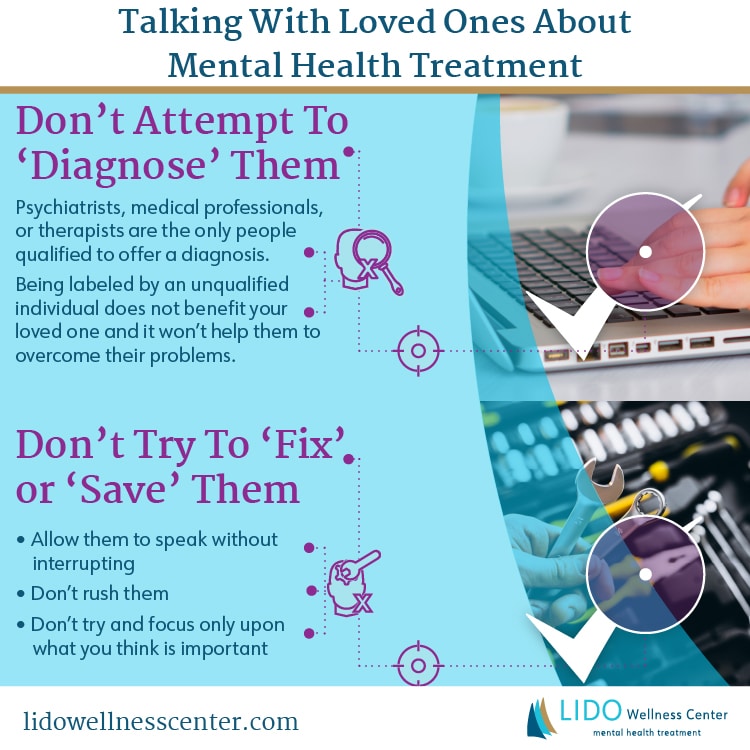 [
[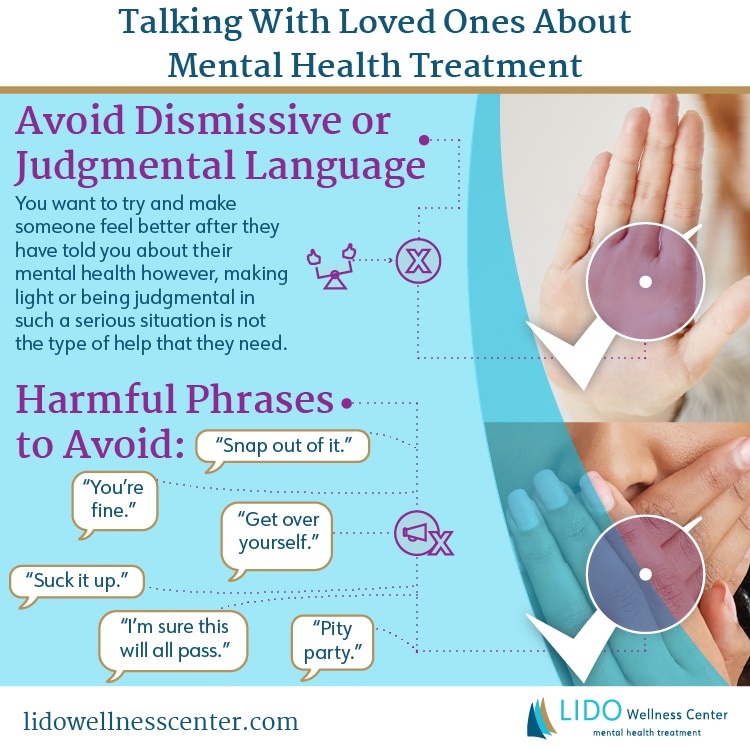 [/one_half_last]
[/one_half_last]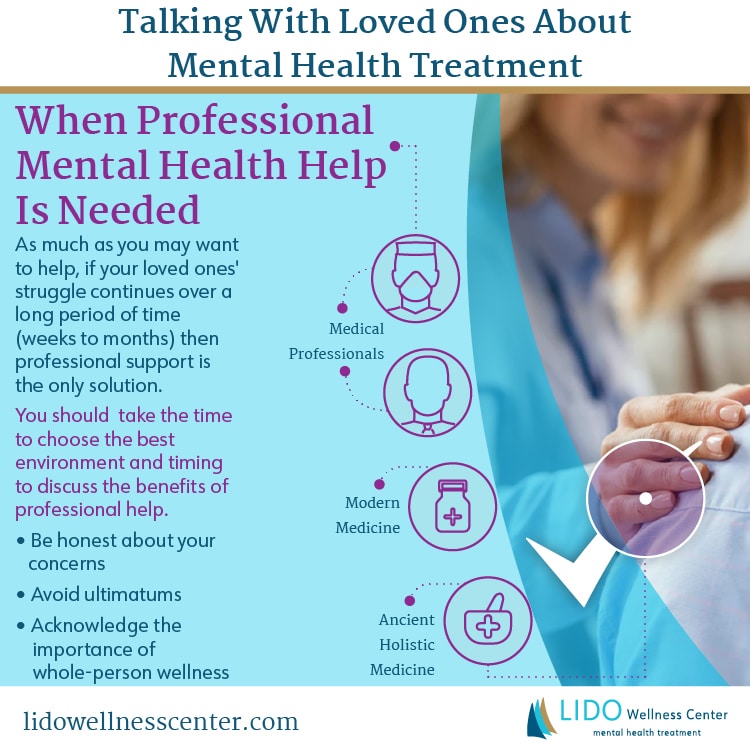 [/one_half][one_half_last]
[/one_half][one_half_last]
 How we view ourselves in terms of our own subjective sense of personal worth or value is typically referred to as self-esteem, self-worth, self-regard, or self-respect. It’s basically the way we perceive ourselves and our own value, regardless of the current circumstances in our lives. Our self-esteem can be defined by our own feelings of security, our sense of self-confidence, a sense of belonging or our feelings of being capable and confident. It is many times the foundation of our identity. Building self-esteem is valuable for anyone looking for mental health.
How we view ourselves in terms of our own subjective sense of personal worth or value is typically referred to as self-esteem, self-worth, self-regard, or self-respect. It’s basically the way we perceive ourselves and our own value, regardless of the current circumstances in our lives. Our self-esteem can be defined by our own feelings of security, our sense of self-confidence, a sense of belonging or our feelings of being capable and confident. It is many times the foundation of our identity. Building self-esteem is valuable for anyone looking for mental health.